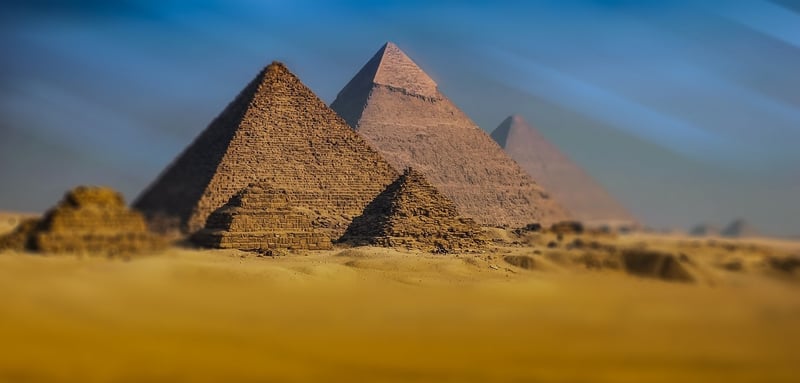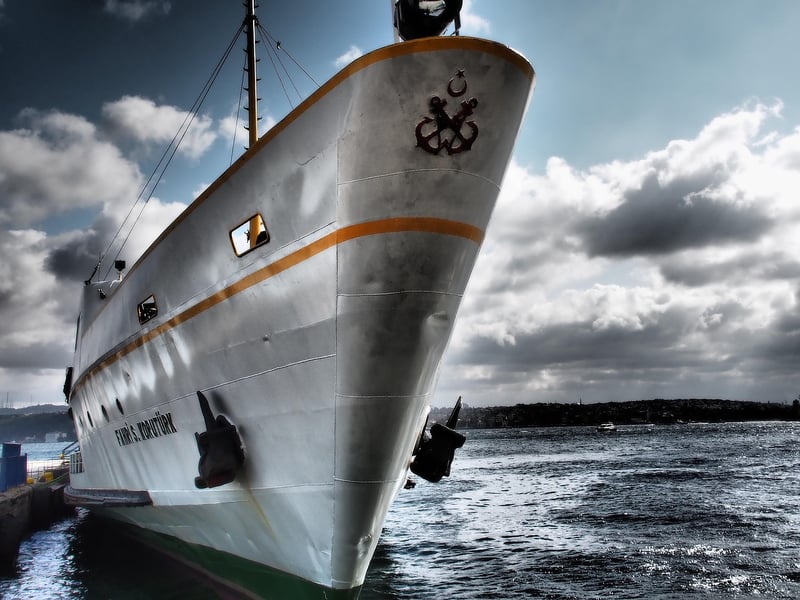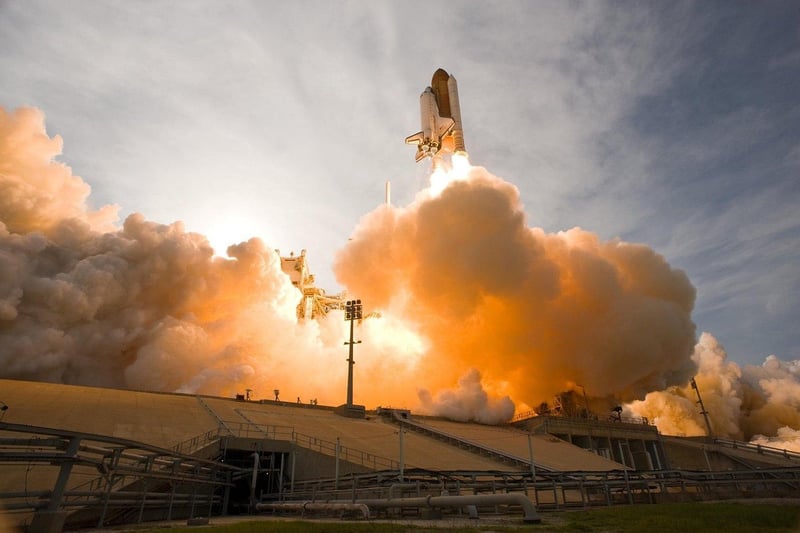Future Exploration
Exploring Different Time Periods and Future Exploration
Introduction
Exploring different time periods allows us to delve into the past and gain a deeper understanding of how civilizations have evolved over time. Additionally, looking towards future exploration opens up endless possibilities for what lies ahead for humanity. Let's embark on a journey through time and beyond.
Ancient Civilizations
Ancient civilizations such as the Egyptians, Greeks, Romans, and Mesopotamians have left behind remarkable legacies that continue to intrigue historians and archaeologists. From the majestic pyramids of Egypt to the intricate mosaics of Pompeii, each civilization has contributed unique advancements in art, architecture, and technology.

The Middle Ages
The Middle Ages, often referred to as the medieval period, saw the rise of feudalism, magnificent cathedrals, and epic tales of knights and chivalry. This era shaped the foundations of modern Europe and laid the groundwork for the Renaissance that followed.

The Age of Exploration
The Age of Exploration marked a significant period in history when European powers ventured into uncharted territories across the globe. Explorers like Christopher Columbus, Vasco da Gama, and Ferdinand Magellan embarked on daring voyages that forever changed the course of world history.

Future Exploration
Looking ahead, the future of exploration holds exciting prospects in space travel, artificial intelligence, and sustainable technologies. With advancements in space exploration by agencies like NASA and SpaceX, humans may soon set foot on Mars and unravel the mysteries of the cosmos.

Conclusion
Exploring different time periods provides us with insights into our past, shaping our present and future endeavors. As we continue to push the boundaries of exploration, both on Earth and beyond, the possibilities are endless. Let's embrace the journey through time and space, discovering the wonders that await us.
